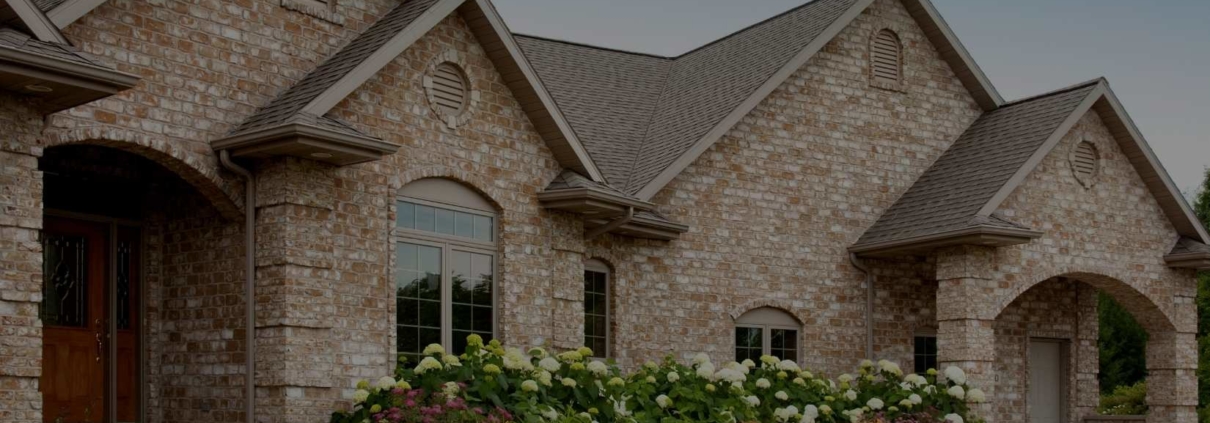Sound Reasons Why You Should Not Let Your Brick Age
Brick is one of the most durable construction materials, but even so, it can wear down over time. As such, regular maintenance and annual inspection can help it last longer. Rather than let it deteriorate further on its own, we have to keep an eye on the brick in case it starts showing signs of aging. The following blog post will talk about the implications of brick aging.
Sound Reasons Why You Should Not Let Your Brick Age
1 – It Will Cause Structural Failure
Brick, like other kinds of construction materials, has a limited lifespan. It will eventually wear down and become brittle. One of the first signs that brick is aging is that it can start cracking because of the pressure applied on the top side. When the pressure on the top side is too much for the brick to handle, it will start cracking. The worst-case scenario is that the bricks will fall because of the pressure applied on the top side. Another common symptom of brick aging is crumbling.
2 – It Will Leak Moisture
Moisture is one of the leading causes of brick deterioration. The more moisture a brick absorbs, the easier it will deteriorate. As such, the bricks need to be dried up. When it rains, make sure to cover up the bricks to protect them from moisture. In order to remove moisture from the bricks, you can plant flowers or plants around the building. Shrubs or bushes will do well too.
3 – Water Penetration Leads to Damage
Brick can get damaged over time when water reaches it. Water tends to permeate brick, and this causes it to deteriorate. Also, water can corrode mortar and rust metal reinforcements. If you notice water seeping into brick, you should get it treated as soon as possible.
4 – The Brick Paints Will Fade
Brick itself doesn’t fade, but when it’s painted brick, it can fade. Maintaining the brick paint is important since it will help the brick wash better or last longer. The paint should be cleaned often, and you can ask a professional to do it for you.
5 – Mold May Form
Mold can form pretty quickly on an aging brick. Mold usually spreads and grows on the surface of the brick, which means that the brick surface should be cleaned regularly. It can be removed with a mixture of bleach, vinegar, and water.
6 – Cracking and Brittle Walls
As brick and mortar age, the brick can start cracking, and this can be really dangerous. If a brick cracks, you should repair it as soon as possible. Cracking is a sign of the brick deteriorating, and this means that it can fall down any time soon.
Conclusion
Brick is one of the most common construction materials used today, especially for exterior walling, because of its strength and durability. As its name suggests, brick doesn’t easily age. However, this doesn’t mean that it won’t age. Just like all structures, the brick will eventually deteriorate, especially if you don’t maintain it. This will cause major structural problems, so you should take steps to prevent it from happening.
If you are looking for a reliable masonry company in Toronto, come to Red Robin Masonry. We are Toronto’s most trusted masonry company. Our masonry services include brickwork, chimney work, parging, stonework, and much more!




Leave a Reply
Want to join the discussion?Feel free to contribute!